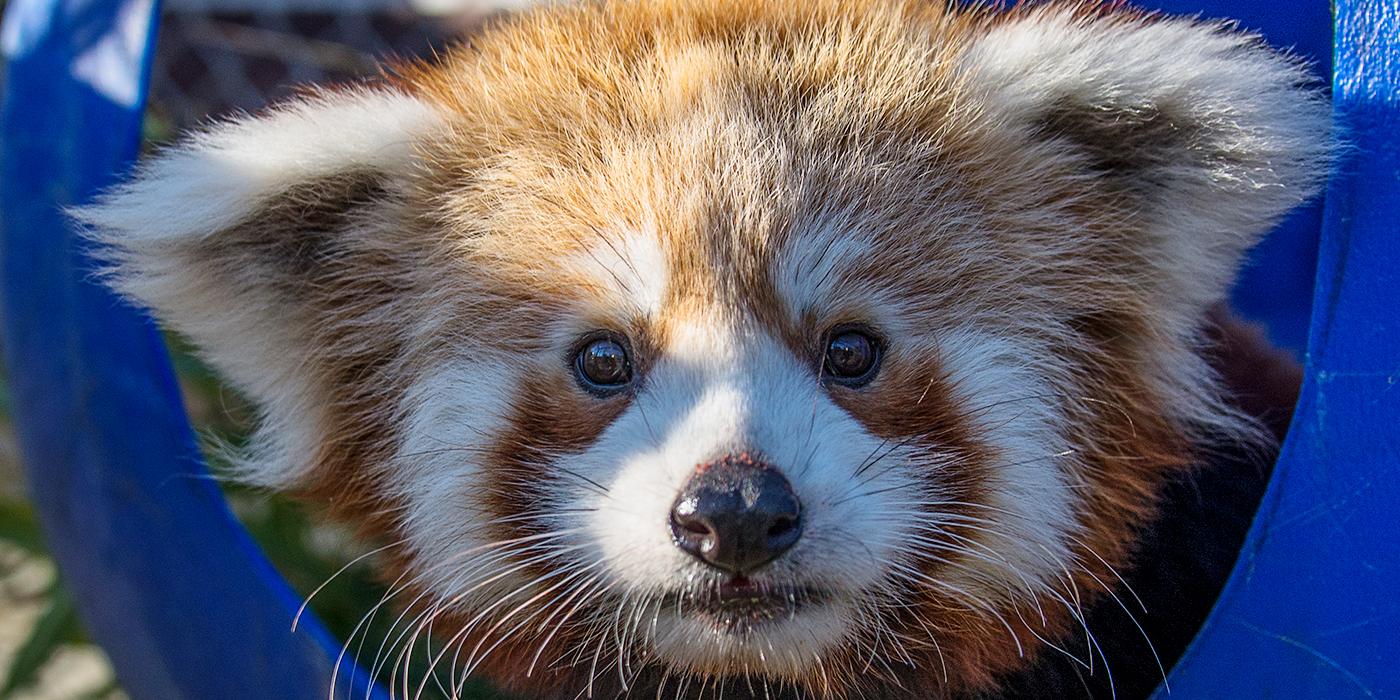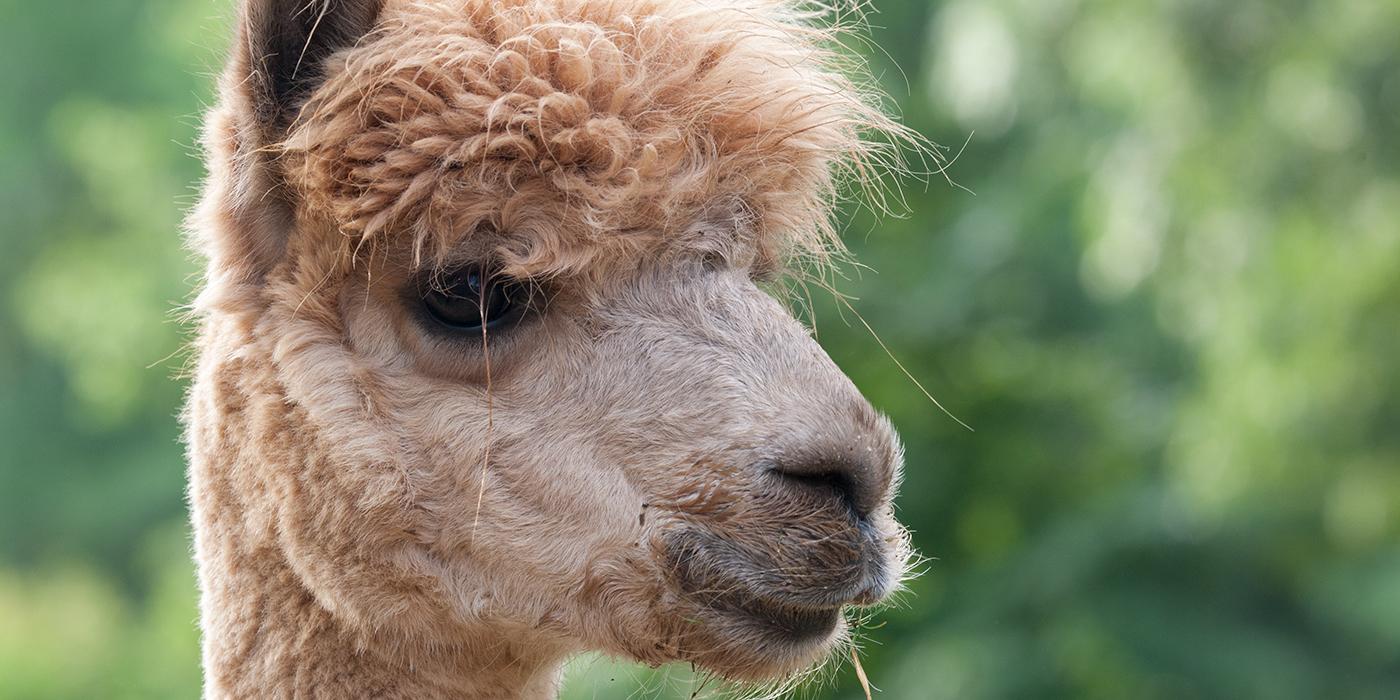Volunteer at the Zoo
Volunteer at the Zoo alongside staff in animal care, science, education and more!
Volunteer at SCBI
Volunteer alongside animal care, science and research staff at the Smithsonian Conservation Biology Institute in Front Royal, Virginia.
Teen Volunteers
There are no teen volunteer opportunities in 2025.
About Volunteering
Volunteers provide invaluable support to the Zoo's two facilities: the Smithsonian's National Zoo, located in Washington, D.C., and the Smithsonian Conservation Biology Institute, located in Front Royal, Virginia. Current available opportunities are listed in the sections below.
Do you have questions about volunteering at the zoo? Contact us.
Volunteers have the opportunity to learn about animals and help educate the public about conservation and animal care.
Age requirement: Volunteers must be at least 18 years old to apply for current volunteer positions, including Zoo Aides and Zoo Interpreters.
Time commitment: Most volunteer programs require a one-year commitment but all are encouraged to apply. Please see each position description for information on requirements for that particular program. Some short-term and single-day opportunities may be available seasonally.
Recruitment process: Each volunteer opportunity has an application and interview process. If accepted, full-time volunteers must pass a Smithsonian background check and complete initial training. Please be aware that some positions may also require proof of certain vaccinations.
Volunteer Benefits Include:
- Free parking while at the Zoo for volunteer shifts
- Discounts at Zoo and Smithsonian shops and attractions
- Discount on Zoo Membership
- Unique experiences working alongside Zoo staff and scientists to further the Zoo's mission to save species
Frequently Asked Questions
Some positions may provide an opportunity for animal interaction but volunteers should not expect direct contact with animals.
SCBI is the Smithsonian Conservation Biology Institute. This facility, which houses research programs and vulnerable species, is located in Front Royal, Virginia, roughly 70 miles west of Washington, D.C. Both SCBI and the Smithsonian's National Zoo have volunteer opportunities. Learn more about SCBI.
Thank you for your interest in donating your time to the Zoo. Unfortunately, there are only adult (18+) volunteer opportunities at this time. We encourage you to learn more about Zoo careers by visiting our wildlife careers page.
Yes. Please see the internships page for more information on current opportunities and when to apply.
Visit the wildlife careers page to find everything from the education and experience needed to work in this field to profiles of different zoo careers.
We are unable to accommodate requests to shadow or interview animal care and science staff at the Zoo. Learn about wildlife careers.
The Zoo does not offer court-ordered community service.
If you have questions or have not heard from the Volunteer Team, please contact us. Also, check your junk/spam folder to make sure you have not missed an email.




